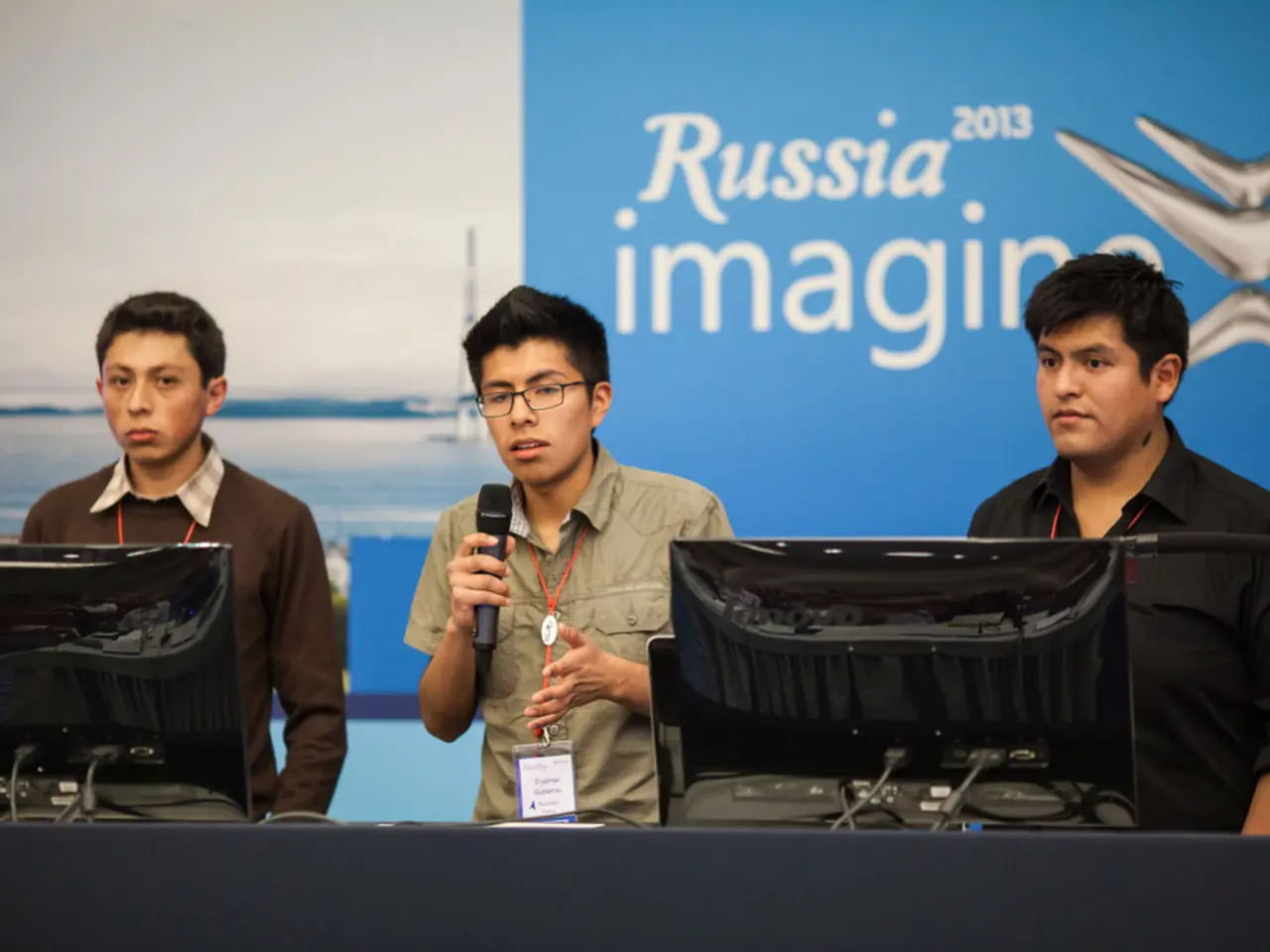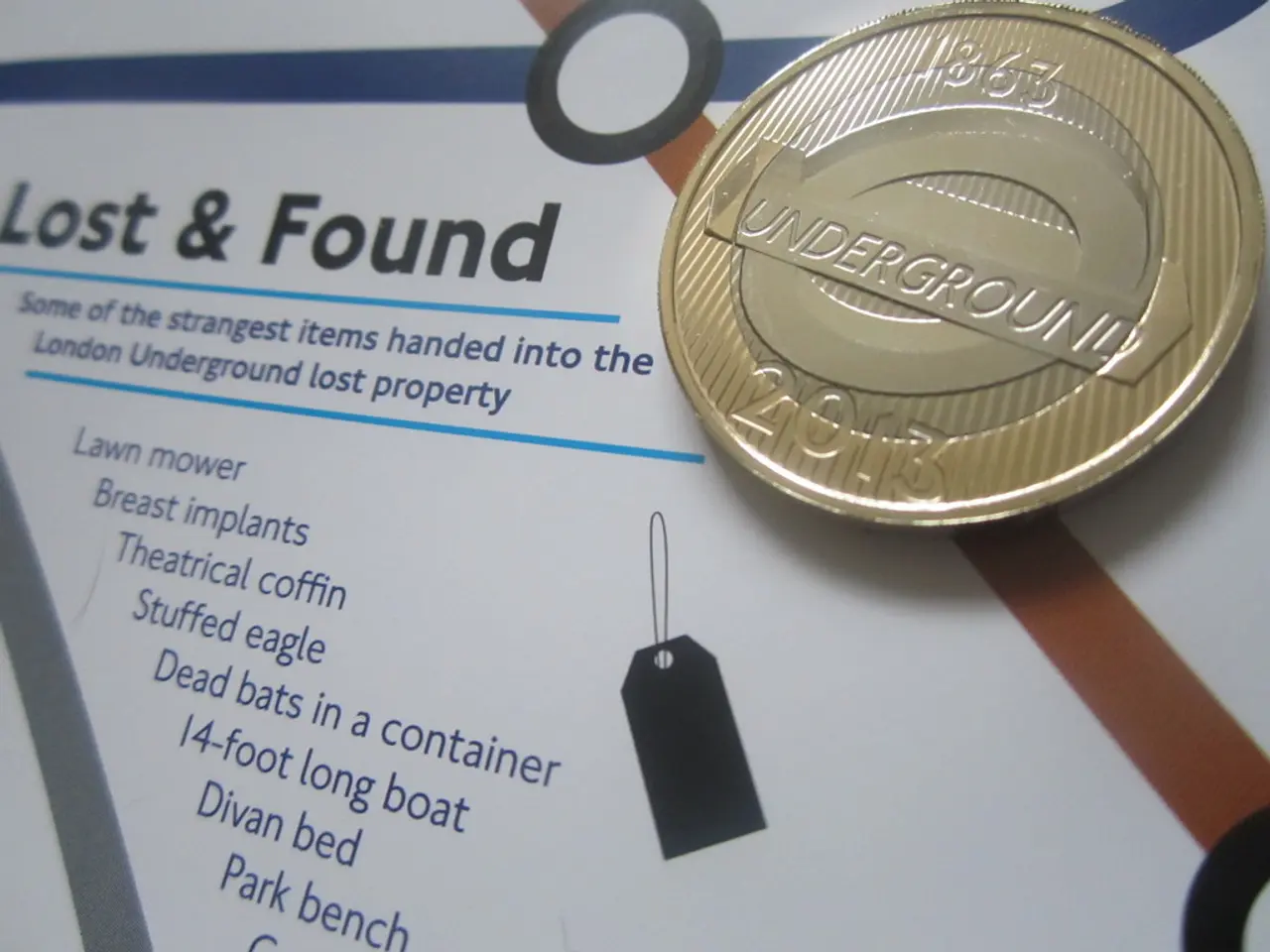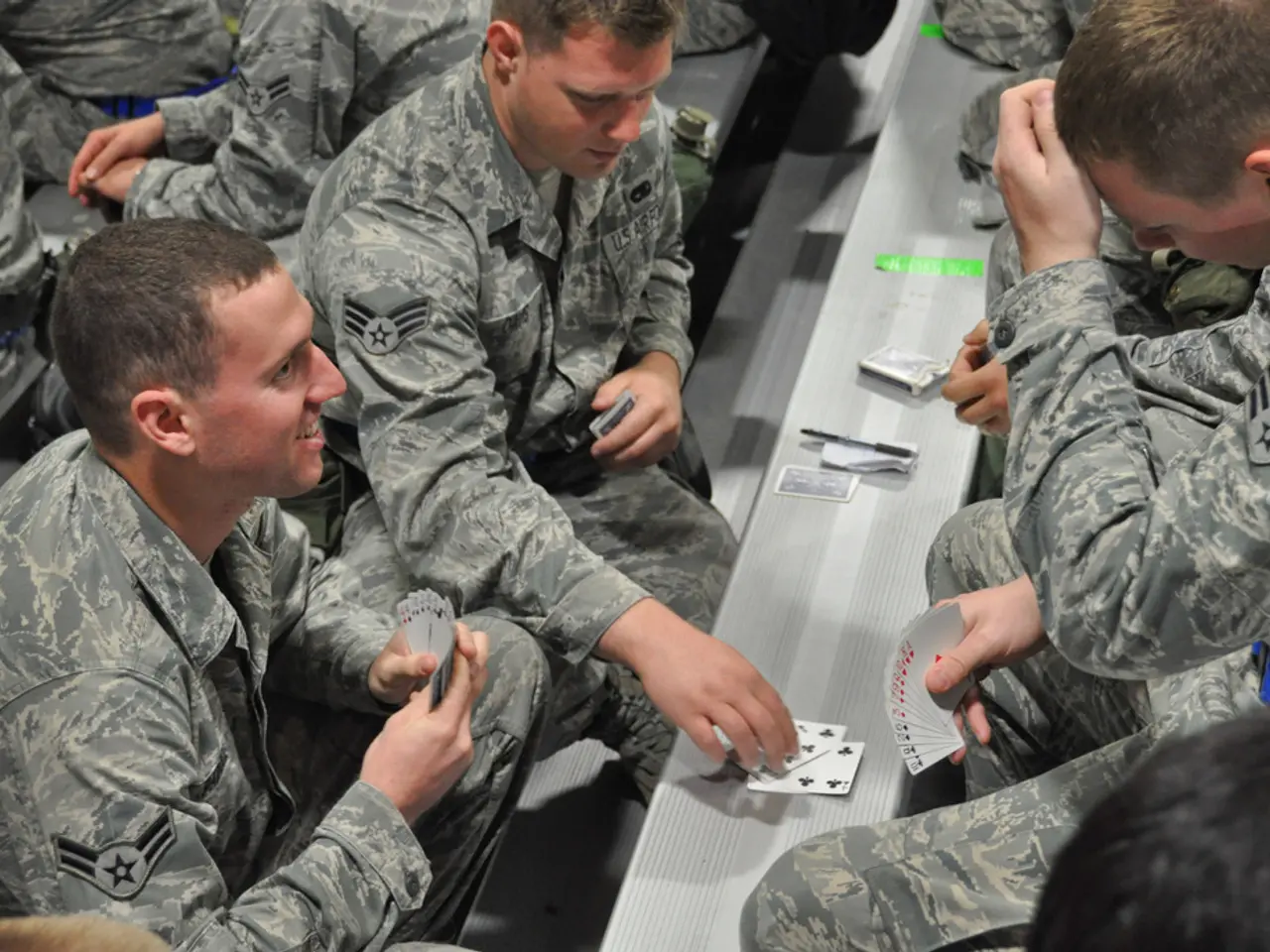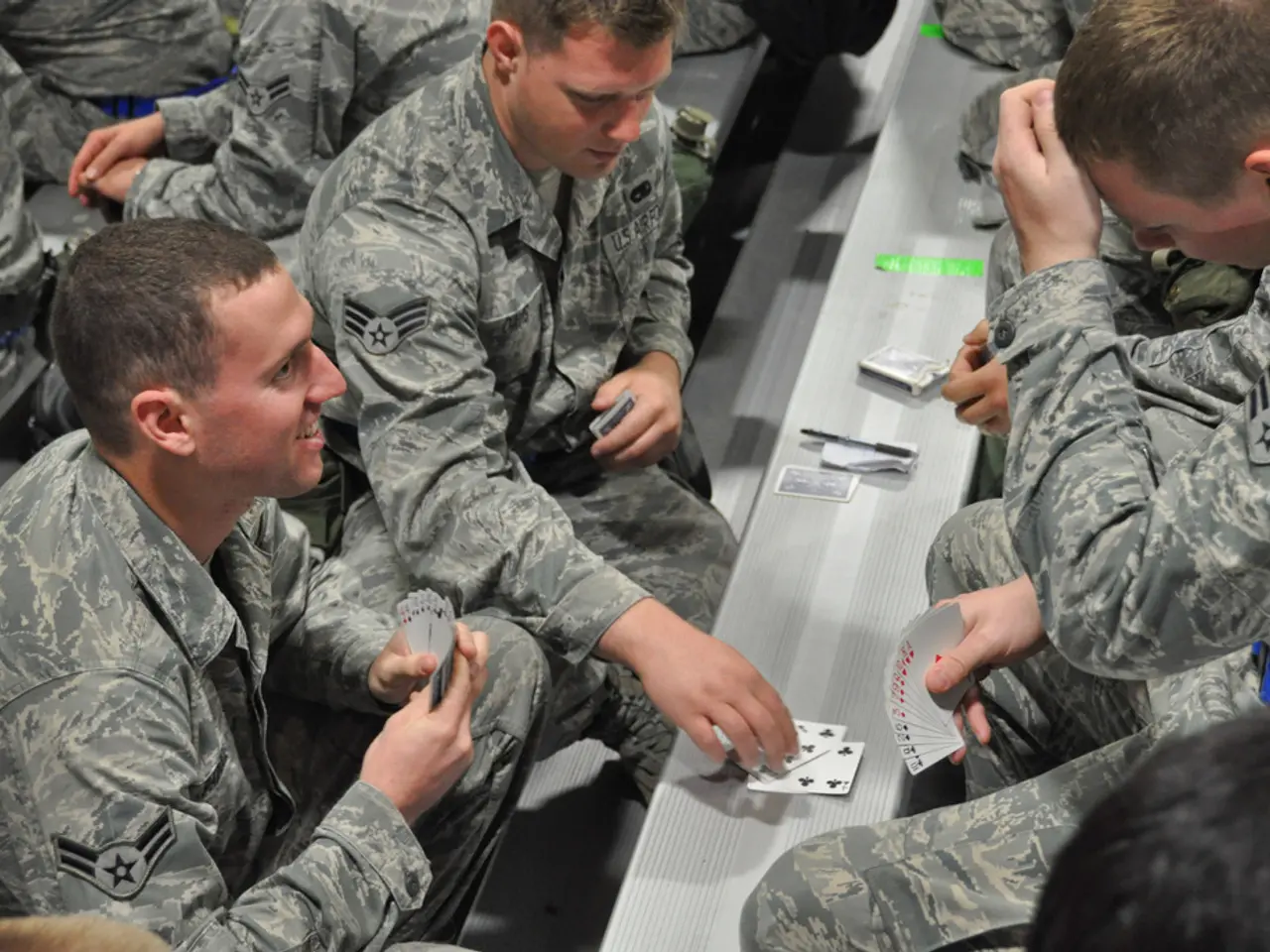"Should construction go ahead or be halted for 'Azov-City'?"
The gambling complex known as "Azov-City" in Krasnodar, Russia, has been closed since 2015 and shows no signs of reopening or redevelopment as of mid-2025. The closure of the once bustling gambling zone has left many residents of the Shcherbinovsky and Yeisky districts in a precarious employment situation.
In a recent open letter, these residents appealed to the Governor of the Krasnodar Territory for support and protection, expressing their need for job security in the wake of the closure of "Azov-City." The Ministry of Finance of Russia confirmed the preparations for the liquidation of the gambling zone.
The reasons behind the liquidation of "Azov-City" are unclear, with two versions circulating. One version is considered far-fetched, while the other involves complex interests of regional and federal officials, investors, and tenants.
The head of the company's communications and public relations department, Olga Khalitova, stated that the mechanism for compensating investments of residents of the gaming zone and the timeline for liquidation and compensation measures have not been determined. This lack of clarity has put the investors of "Azov-City" in a state of legal uncertainty.
The frozen development of new investment projects in "Azov-City" by the "Royal Time Group" company is related to the uncertainty about the fate of the gambling zone. The management of the "Azov-City" investors had initially hoped that changes in Federal Law No. 244 would create new gambling zones in Crimea and Sochi, not destroy the existing "Azov-City" zone.
In an attempt to prevent mass layoffs and increasing unemployment, the Council of the Shcherbinovsky District sent a petition to the Legislative Assembly of the Krasnodar Territory and the Administration of the Krasnodar Territory, appealing to preserve the boundaries of the "Azov-City" gaming zone.
As it stands, gambling in Russia is limited to four designated zones: the Altai Republic, Kaliningrad, Krasnaya Polyana (near Sochi), and Artyom (near Vladivostok). "Azov City" is no longer a legal gambling area, as the stricter regulations on gambling nationwide have focused legal casino operations on these specific zones.
Currently, there are no available recent sources or announcements suggesting any redevelopment or reopening plans for the "Azov City" gambling complex. Russia’s gambling policy continues to emphasize the limited, zone-specific gambling model rather than expanding or reinstating former areas like "Azov City."
- "What could be the next step for the residents of Shcherbinovsky and Yeisky districts, who are struggling with employment due to the closure of 'Azov-City' and the anticipated liquidation of the gambling zone? Could seeking support from the Ministry of Finance of Russia or other relevant authorities in the industry and finance sectors provide some relief?"
- "Could the current legal uncertainty surrounding the investors of 'Azov-City' prompt a shift in focus from casino-and-gambling ventures towards other industries in the Krasnodar region, considering the closure of the gambling zone and the lack of reopening or redevelopment plans?"




